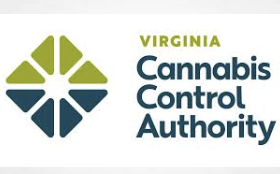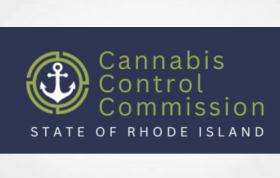On September 18, 2022, California Governor Gavin Newsom signed AB 2188, which will make it unlawful for California employers to rely on cannabis test results for employment purposes, unless in very narrow circumstances.
By including the law as an amendment to the Fair Employment and Housing Act (FEHA), the new law, which is effective January 1, 2024, essentially makes cannabis users a protected class in California.
In passing AB 2188, the legislature acknowledged that employers have an interest in preventing employees from “arriv[ing] at a worksite high or impaired,” but then went on to declare that “when most tests are conducted for cannabis, the results only show the presence of the nonpsychoactive cannabis metabolite and have no correlation to impairment on the job.” The legislature then made two broad assumptions that resulted in the final version of AB 2188. First, that the “intent of drug tests is to identify employees who may be impaired.” Second, and most critically, that “employers now have access to multiple types of tests that do not rely on the presence of nonpsychoactive cannabis metabolites.”
The end result is a new section in the Government Code that makes it unlawful for an employer to discriminate against an applicant or an employee if based on either of the following:
- the individual’s use of cannabis off the job and away from the workplace; or
- an employer-mandated drug test that reveals the individual has nonpsychoactive cannabis metabolites in their hair, blood, urine, or other bodily fluids.
In other words, an employer cannot rely on a positive cannabis drug test result if the test screened for nonpsychoactive cannabis metabolites — which essentially means currently-available workplace drug tests.
Employers can still prohibit employees from possessing, being impaired by, or using cannabis while working, and they can maintain a drug-free workplace policy.
The exceptions are narrow. Specifically, the law does not apply to:
- employees in the building and construction trades;
- applicants or employees hired for positions that require a federal government background investigation or security clearance in accordance with regulations issued by the federal Department of Defense, or equivalent regulations applicable to other agencies; or
- applicants or employees required to be tested for controlled substances under applicable law (e.g., Department of Transportation agency testing regulations) or as a condition of receiving federal funding or federal licensing-related benefits or entering into a federal contract.
Because the new law will be part of the FEHA, an aggrieved individual may sue for the full range of FEHA damages available, including compensatory damages, attorneys’ fees, and costs.
Given the new trend in other jurisdictions to greatly restrict, if not effectively prohibit, employer use of cannabis drug tests, including New York, Rhode Island, and the District of Columbia, the new California law is not surprising. However, the legislature’s belief that employers currently have access to scientifically reliable drug tests that can prove when an employee is impaired is mistaken. For this reason, California employers would be well-advised to ensure they have a robust and defensible reasonable suspicion testing process, which includes training managers on recognizing and documenting the signs of impairment. While California employers have more than a year to prepare for this shift in the law, they should develop a plan and modify policies and practices to mitigate the risk of a new category of claims that are soon-to-hit the Golden State.
Source: https://www.blunttruthlaw.com/2022/09/california-employers-see-most-cannabis-testing-go-up-in-smoke/


















